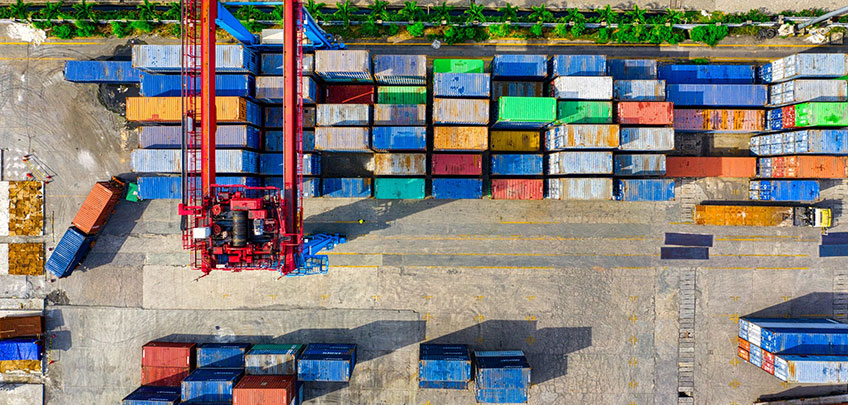Today in the territory of the EAEU the customs borders between the member states have been lifted, the norms of the single Customs Code apply, the Single Customs Tariff, the unified system of foreign trade and customs regulation, the uniform technical regulations.
By January 1, 2012, the legal framework of the Common Economic Space - the market with 170 million consumers, unified legislation, free movement of goods, services, capital and labor, was formed.
Formation of the internal market of the EAEU began in January 2010 with the creation of a single customs territory that united the countries of the "customs troika" - the Republic of Belarus, the Republic of Kazakhstan and the Russian Federation.
Fixed in the Agreement on the EAEU the principle of «four freedoms» as a fundamental principle of the functioning of the internal market enshrined the refusal to apply protective measures of the domestic market in mutual trade.
Industry
The objectives of implementing industrial policy within the framework of the EAEU are the acceleration and enhancement of the sustainability of industrial development, enhancing the competitiveness of industrial complexes of Member States, implementing effective cooperation aimed at increasing innovation activity, eliminating Barriers in the industrial sphere, including on the way of movement of manufactured goods of member states of the EAEU.
Common energy market
Member States are implementing a phased development of the common electricity market of the EAEU on the basis of parallel operating electric power systems Member States agreed to conduct a coordinated energy policy and the formation on the basis of common principles of common energy markets (electricity, gas market , oil and oil products). Formation of the common electricity market of the EAEU and providing access to the services of natural monopolies in the electricity sector is expected to be completed by 2019, and common markets for gas, oil and petroleum products in the term until 2025.
Common market of services
The rules for a single market for services are applicable to Member States on the basis of reciprocity. Common market of services within the EAEU operates in the service sectors approved by the Higher Eurasian Economic Council on the basis of the agreed proposals of the Member States of the EAEU, and The Eurasian Economic Commission.
Transport Policy
Member States agreed on a step-by-step liberalization of transport in the territory of the EAEU, which primarily concerns road and rail, air, and water transport. Coordinated (coordinated) transport policy is aimed at creating a common transport space.
Agroindustrial complex
To ensure the development of the agro-industrial complex and rural areas in the interests of the population of each Member State and the EAEU in general, as well as economic integration within the framework of the EAEU the coordinated agro-industrial policy is carried out. The main goal of the coordinated agro-industrial policy is the effective realization of the resource potential of the member states of the EAEU to optimize the production of competitive agricultural products and food, meet the needs of the common agrarian market, and increase exports.
Labour migration
The Agreement on the EAEU brings to a qualitatively new level such a direction of cooperation of member states as labor migration, with the abolition of restrictions established by the legislation of the Member States in order to protect the national labor market. Employers and (or) customers of works (services) of a Member State have the right to engage in the implementation of labor activities of working member states without taking into account restrictions on the protection of the national labor market. Workers of the Member States are not required to obtain a work permit in the State of Employment.
Consumer rights protection
Member States pursue a coordinated policy in the field of consumer protection aimed at creating equal conditions for citizens of member states to protect their interests from the unfair activities of economic entities. Citizens of a Member State, as well as other persons residing on its territory, shall enjoy in the territories of other Member States the same legal protection in the field of consumer protection as citizens of these other Member States and have the right to apply to state and public organizations on protection of consumers' rights, other organizations, as well as courts and (or) carry out other procedural actions on the same terms as citizens of these other member states.
Financial market
To ensure the harmonized regulation of financial markets following the results of a step-by-step harmonization of the legislation, the member states agreed on the need to reach a single supranational body for regulating the financial market by 2025.
Taxes and taxation
In the field of taxes and taxation, it is stipulated that the Member States shall determine the directions of interaction of the tax policy with regard to the harmonization and improvement of tax legislation, including the mechanism for collecting indirect taxes in the performance of work, rendering services, convergence of rates for the most sensitive excisable goods. At the heart of the agreements is the principle of non-discrimination, which will avoid unfair and price competition in the mutual trade in goods and services.




